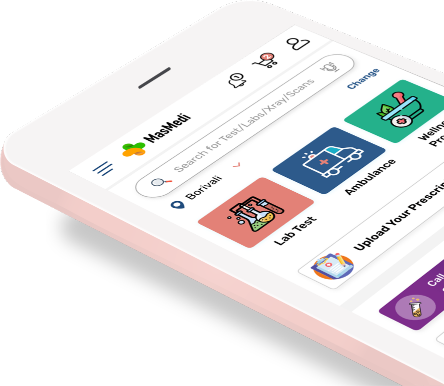Sample Type
Gender
Age Group
Blood
Male
All Age Groups
Antiphospholipid syndrome (APS), also called antiphospholipid antibody syndrome, is an autoimmune disorder in which autoantibodies are directed against phospholipid-protein complexes. APS is characterized by thromboses (arterial, venous, or small vessel) and/or pregnancy complications and persistently positive tests for antiphospholipid-protein (aPL) antibodies. 1 2 Cytopenias, other hematologic disorders, and neurologic, dermatologic, or cardiopulmonary abnormalities may also be seen in patients with APS. 1 3 An uncommon acute form of the syndrome, catastrophic APS, results in extensive thrombotic microangiopathy and multiorgan failure. 2 Those at increased risk for APS include patients with systemic lupus erythematosus (SLE), infections, malignancy, and liver or vascular disease. Some medications are also associated with increased risk. Transient aPL antibodies may occur in association with infections, certain medications (procainamide, chlorpromazine), and malignancy.
best labs
Option Near Youlab comparison
As per your budgetAffordable
Price GuaranteedUNBIASED ADVICE
On LabsSUNDAY LAB
Labs available on SundaysTracking health status made easy with the app. Now available on both Google Play Store and App Store. Book health tests and access your smart reports and health trackers anytime anywhere.
